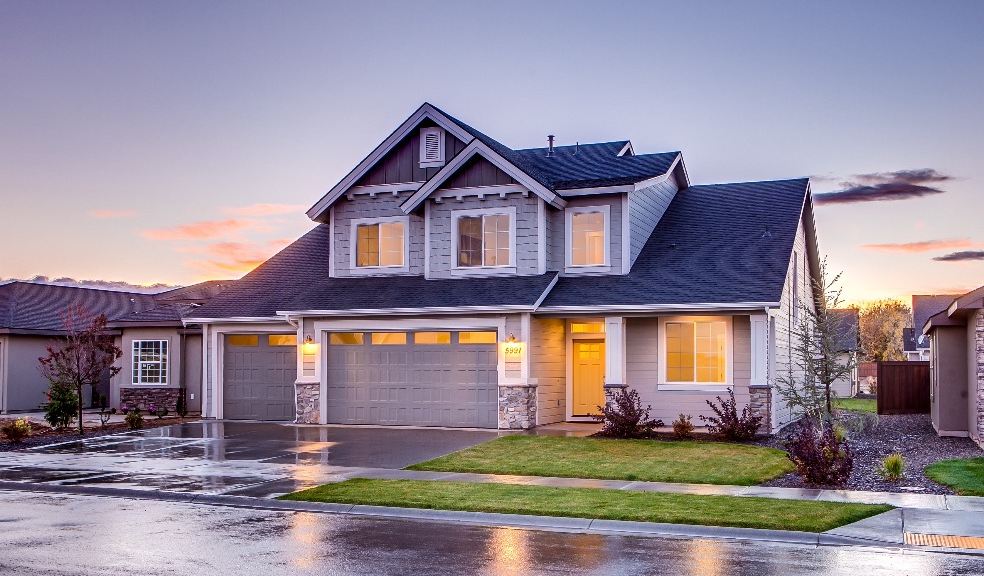
Do you need planning permission for your house extension?
Getting an extension for your property is a great way of adding extra value to your home but many people are put off doing it due to the fear of having to go through the process of getting a permit.
However, not all extensions require a permit, so, if you are thinking about getting an extension it is important to know when you actually have to go through the process of getting one.
This guide only applies to a house as other types of properties have different requirements when it comes to needing a permit so it is important to keep that in mind when figuring out if you need planning permission.
The guide also only applies to houses in the UK, so if you live out in the UK then this won’t be applicable to your needs.
The criteria that you will need to meet are as follows...
- The extension can’t be more than half of the area surrounding what is considered the original property. You will need to check if there has been an extension to the original property as that will affect whether or not you need a permit.
- The extension must not upon completion be any nearer to any public highway, be it from elevation or to the side. If the extension is nearer a highway, then you will need planning permission.
- The extension must not be higher than the highest point of the house, if your intended extension is to be higher than the top of the roof then you will need planning permission.
- If the extension is for a single storey at the rear of the house, then it must not extend more than three metres from the rear of a semi-detached property and four metres for a detached property.
- If the extension is for more than a single storey at the rear of the property then it can’t extend more than three metres from the rear for both semi-detached and detached properties.
- The current eaves and ridge height property must not be exceeded by the extension.
- If the extension is for the side of the house, then it must be a single storey, the height has to be a max of 4 metres and the width can't be greater than half of the original property.
- If the extension is for two storeys, then it can’t be less than seven metres away from the rear boundary of the land, if it is going to be then you will need planning permission.
- The materials that will be used in the construction of the extension must be similar in their appearance to the current house, if you plan on using different materials then you will need planning permission.
That may seem like a lot that you need to take into consideration for you to be able to determine whether or not you need planning permission, but when you break it down and take it one at a time it is actually surprisingly easy to figure out if you need planning permission or not.
It is also important to note that you should always speak to an expert such as New Forest Joinery before proceeding with an extension just to 100% make sure that you don’t in fact need to get one.













